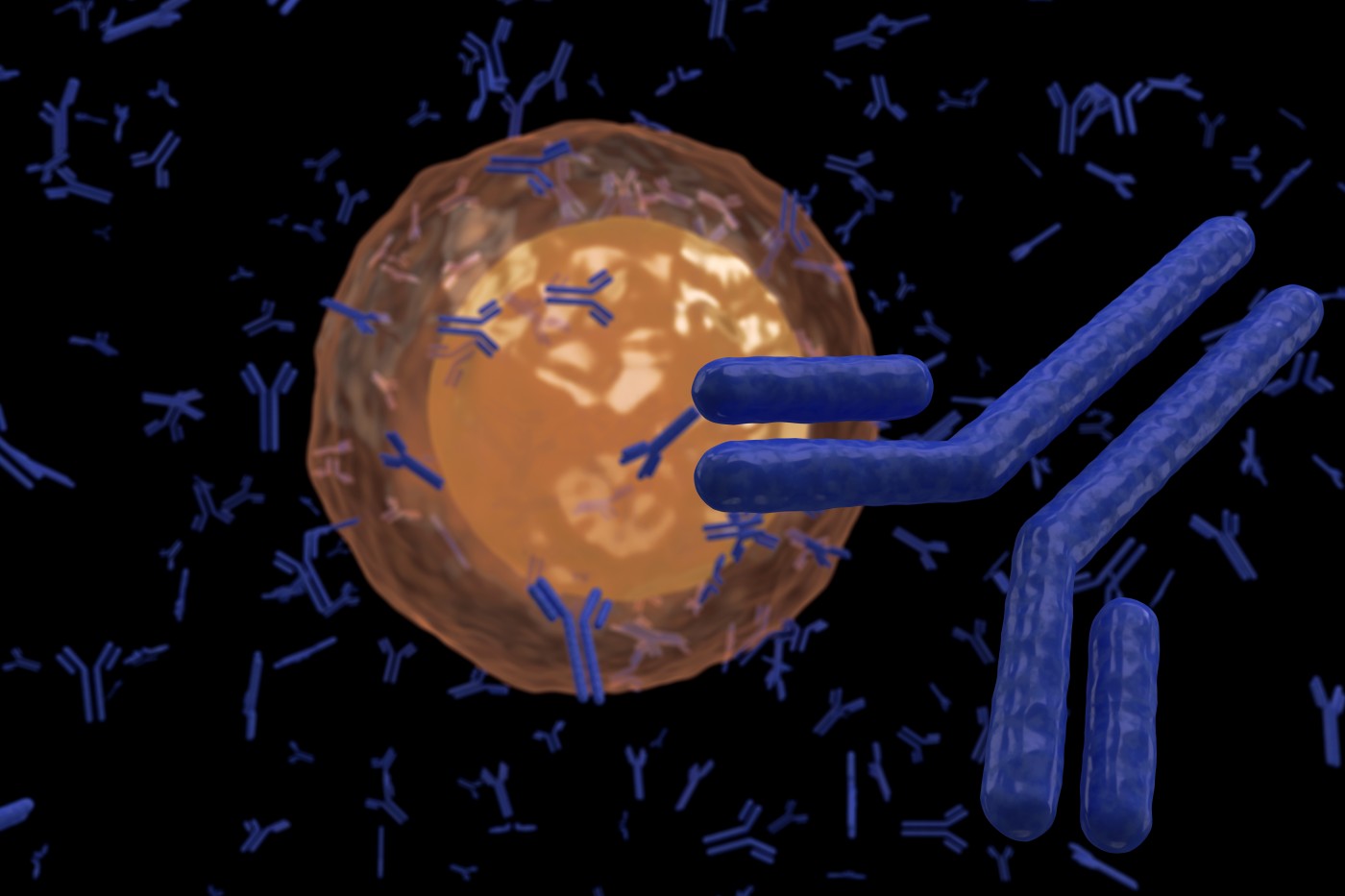Effects of Specific Antibodies on MS Neurodegeneration to Be Presented at ACTRIMS Forum
Written by |

Researchers from the University of Tennessee Health Science Center plan to present the results of a study investigating the contribution of specific antibodies to the neurodegeneration and neuronal dysfunction observed in multiple sclerosis (MS).
The study’s results are to be reported today, Feb. 18, at the Americas Committee for Treatment and Research in Multiple Sclerosis (ACTRIMS) Forum 2016 in a presentation titled “Antibodies to the RNA binding protein hnRNP A1 contribute to neurodegeneration indicative of ‘dying back’ axonopathy.” The results were to be presented today in Session 1, “Emerging Concepts in MS,” by Hannah E. Salapa.
Scientists have believed that MS has been a disease resulting from inflammation, demyelination, and plaque formation — all events that eventually lead to the neuronal loss observed in multiple sclerosis patients.
But recent research and the fact that no effective therapies exist for progressive multiple sclerosis have led researchers to theorize that inflammation and neurodegeneration might be simultaneous but independent events in multiple sclerosis.
The humoral immune response, especially the formation of antibodies against myelin and non-myelin targets, has been the subject of extensive research. Such is the case of RNA-binding proteins. multiple sclerosis patients develop antibodies to an RNA binding protein called heterogeneous nuclear ribonuclear protein A1 (hnRNP A1), specifically targeting the “M9” sequence of the protein.
The research team analyzed whether anti-hnRNP A1-“M9” antibodies contribute to axonal and neuronal death, as dysfunctional hnRNP A1 has been shown to cause the neurodegenerative disease amyotrophic lateral sclerosis (ALS).
Through animal studies using mice models, researchers observed that the animals exposed to anti-M9 antibodies demonstrated worse disease features, including frequent spasticity. In addition, compared to controls, mice exposed to these antibodies exhibited more extensive neurodegeneration in the central nervous system, with increased damage to the ventrospinocerebellar tract (VSCT), as well as a high decrease in the number of fully functional neurons.
The pattern of neuronal damage, where preferential damage was observed in distal relative axons instead of proximal axons of the VSCT, is consistent with “dying back” axonopathy, a common response of neurons to toxicity or metabolic disturbances.
“Anti-hnRNP A1-M9 antibodies resulted in ‘dying back’ axonopathy and preferential cell death where VSCT neuronal cell bodies of origin lie, suggesting that anti-M9 antibodies contribute to neurodegeneration in MS,” the researchers concluded in their ACTRIMS’ abstract.


